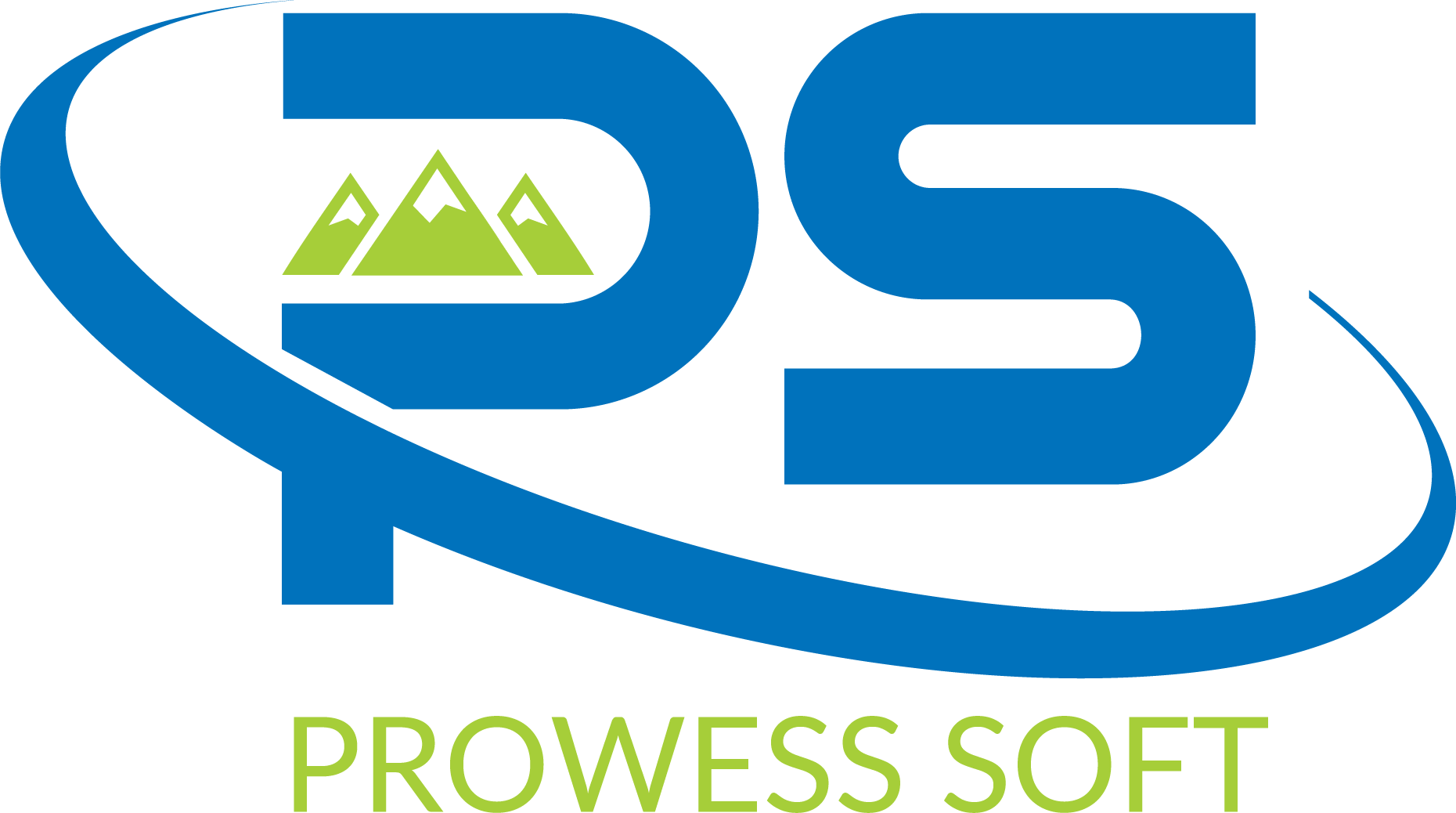One of the most crucial business processes is “Order to Cash” or “Quote to Cash.” The efficient an organization can get in structuring product pricing, completing orders, invoice creation, customer billing, and inventory management, the faster it can invest the money back into the business. However, the outdated systems, manual forms, and email-based order processing has led to a slow, inflexible, and error-prone business. The manual process of input data from forms and documents and one on one sharing of required data with multiple teams pose a risk to business efficiency and impede active quote to cash execution.
The quote-to-cash process is unique in its way as it involves stakeholders from nearly all departments within an organization- sales, finance, customer relation, legal, marketing, and company leadership. The reason these departments are connected is to ensure the bills and customers are taken care of. But as the business expands, the transaction and business processes may turn into hiccups and lead to an unstructured business system with less visibility and collaboration within teams. Companies must look to automation solutions to streamline critical quote to cash business process to better coordinate tasks related to sales, contract management, order fulfillment, and finance to take care of such business challenges.
Pace Consulting’s research suggests that 12% of the day of an average sales representative is spent on formulating customer proposals or quotes. When the solution is complex and involves multiple channel/ selling partners, they may spend a significant amount of time preparing quotes rather than investing time in new prospects.
Here we take a look at an e-commerce company with many products and delivering to various locations globally. The company is associated with multiple channel partners and vendors helping in shipment and delivery. The company representative works on spreadsheets for data management and use emails & phone calls to collaborate. However, the team spend a considerate amount of time managing product data, on-time response to new orders, dealings with cash invoices, and finding it hard to resolve billing and new prospecting errors. Some significant business challenges that impact order to cash process includes:
- Multiple databases or spreadsheets with product catalog lists
- Difficulty in selecting large product bundles with different configurations
- Manual entry of newly added products
- No sorting of “out of stock” or outdated products
- Problem to sort products with the promotional offer and update the price when a promotional offer is no longer in place
- Updating discounts from channel partners or fulfilling customer-specific discounts
- Manual updating of product documentation, terms and conditions, and contract renewals
- If dealing internationally, there is a need to price in multiple currencies and managing channel partners and product availability based on location & market standards
To overcome the above-mentioned challenges, businesses need to streamline the order to cash processes. For this, the company opted for Workday (for financial and operational reporting) and Slack for order booking, product management, interdepartmental & channel partner communication. However, they realized that the quotation and invoicing management was manual in Slack and is still a problematic chunk; hence Salesforce was looked upon so that the team can concentrate on new prospects.
Today’s up-to-the-minute businesses involve several different cloud-based and on-premise applications, including many personal productivity applications such as social media, calendar, real-time messaging, and a lot more. This brings in a considerable amount of scattered data that needs to be handled. Despite the advanced software tools, teams faced seamless data transfer issues and delayed the approval process because of non-aligned workflows. This can be possible by implementing a solution that can streamline orders with an automation integration platform that allows businesses to leverage data’s power to its full potential. This is where Workato iPaas platform appears to bridge the Slack, Workday & Salesforce.
Workato enables technology and business to collaborate to function and automate processes without compromising on security and governance. Workato works with recipes (recipe is a set of automated workflow tools) that integrates applications. Our developers started by identifying day-to-day tasks and stages associated with them. The steps identified are as follows:
- Leads/ order generation (Sales)
- CPQ (Sales & Operations)
- Contract Management (Sales & Finance)
- Billing & Invoice (Finance & Operation)
Using Workato, we were able to configure bots and set up a trigger for the bots to take necessary action. For example, for any new order placed by a customer, there is a promotional offer attached. Hence this product order requests price adjustments. Now, all the product pricing and order booking are inside Slack. The company uses Salesforce for contract management and invoicing. Thus, the price adjustment request must be approved by sales and renewal managers listed in the Salesforce. Workato chatbot, known as Workbot, will align the correct Salesforce account with the designated Slack channel and place the price approval request before the concerned manager for his approval. Workato then verifies the approver to ensure that the user is qualified to take such action and then records it in Salesforce.
Workato allows creating custom bots with function names such as OrderBot, HRBot, SupportBot, FinanceBot, etc. Workato workflows assisted the company in
- synchronizing quotes/ contracts, pricing, order, and customer data across all platforms
- improved customer order management as it allows a unified view of customer orders, allows real-time status update, and ensure timely resolving of order inquiry
- elimination of duplicate data/insufficient data
- allows to search existing data and make changes instead of creating new records
- better management of pricing approvals
- standardization of products
- keeping finance and sales teams in the loop for correct billing and invoicing
Conclusion
If you are looking to synchronize your order to cash business process and wish to opt for a non-code way of application integration, Workato iPaaS is the solution. It will enable cross-functional collaboration, automate tasks, and ultimately generate revenue that seamlessly makes the business functioning seamless.

